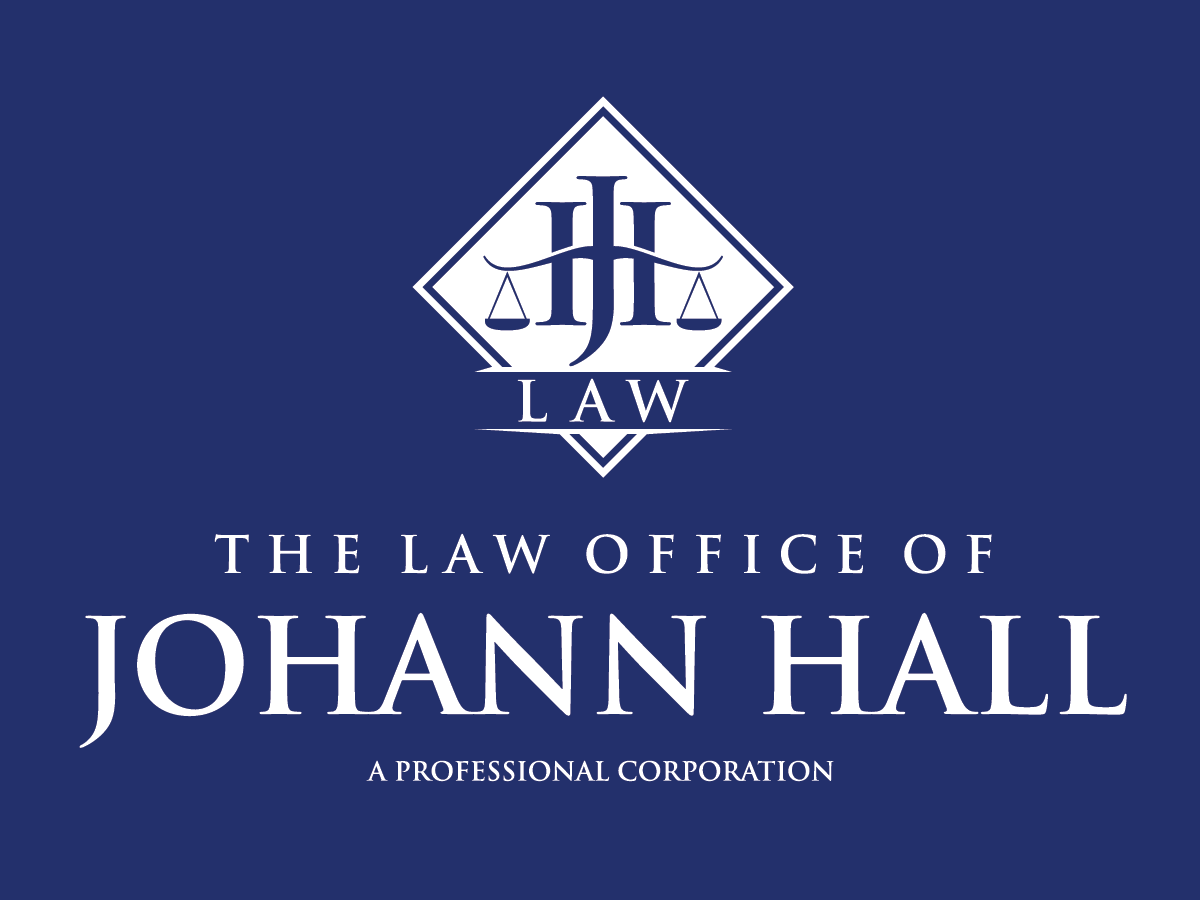|
Understanding Your Options
Dealing with a personal injury can be incredibly overwhelming. As you navigate through the recovery process, deciding how to proceed legally can add further stress. Understanding the difference between settling a personal injury case and going to court is crucial for making an informed decision that aligns with your circumstances. This blog will break down the key aspects of both options to guide you toward the best path.
Settling a Case
Settling a case involves reaching an agreement between the injured party and the defendant without going to trial. This option is often preferred for its speed and privacy. Here are some benefits of settling:
- Speedy resolution: A settlement can lead to quicker compensation compared to a drawn-out court process.
- Lower costs: Legal expenses are generally lower than taking a case to trial.
- Privacy benefits: Settlements are private, whereas court decisions are public records.
However, keep in mind that settling may result in lower compensation and usually prevents you from pursuing further claims related to the injury.
Going to Court
Taking your case to court involves a legal trial where a judge or jury determines the outcome. Here are some potential advantages:
- Higher compensation: Especially in severe injury cases, court awards can significantly exceed settlement amounts.
- Public acknowledgment: A court ruling holds the responsible party officially accountable.
Drawbacks to consider include the lengthy and costly legal process and the inherent risk of receiving an unfavorable verdict.
Choosing the Right Path
Making an informed choice about whether to settle or go to court is essential for achieving the best possible outcome for your situation. Each route has its own set of advantages and potential pitfalls. For personalized guidance tailored to your unique case, consulting a personal injury attorney is highly recommended.

